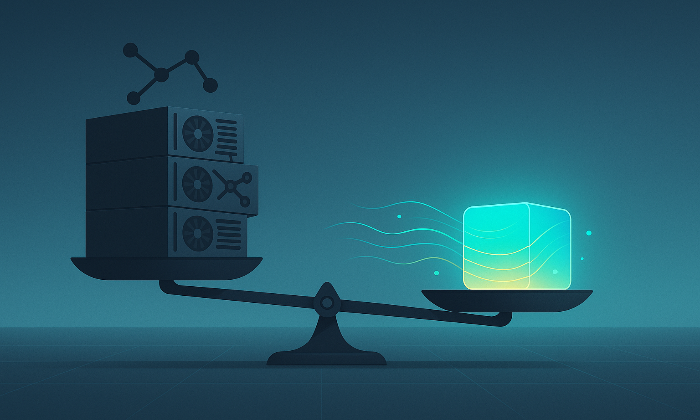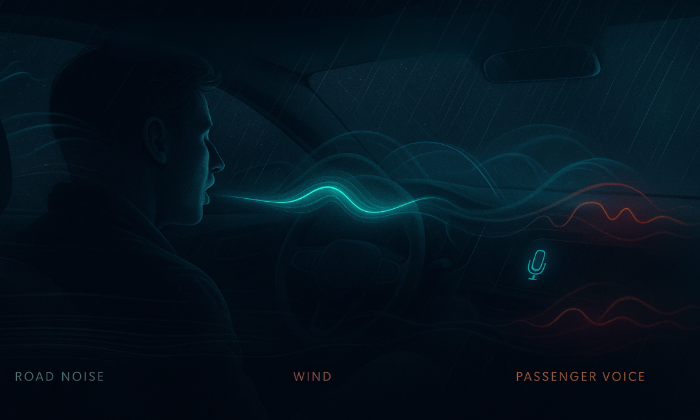What is the difference between single-speaker and multi-speaker voice cloning datasets?
Voice Cloning
Data Analysis
Speech AI
In the realm of voice synthesis technology, choosing between single-speaker and multi-speaker datasets is crucial. This decision influences the quality, personalization, and diversity of the synthesized voices, making it essential for AI engineers and product managers to comprehend these distinctions and their impact on various applications.
Defining the Dataset Types
- Single-Speaker Datasets: These datasets focus on recordings from one individual, capturing a wide range of phonetic sounds, intonations, and emotional expressions. The goal is to build a precise and personalized voice model that can generate synthetic speech closely mimicking the original speaker's characteristics. This approach is ideal for use cases requiring high fidelity and personalization, such as text-to-speech dataset training for virtual assistants or personalized reading systems.
- Multi-Speaker Datasets: On the other hand, multi-speaker datasets include recordings from various individuals, often encompassing different accents, genders, and age groups. These datasets aim to create a generalized model capable of synthesizing multiple voices or blending characteristics from different speakers. They are particularly useful in multilingual applications or when creating virtual characters with unique, non-specific voices.
Why This Choice Matters
- Single-Speaker Datasets: Perfect for applications that demand a consistent, unique voice, such as personal AI assistants. These datasets typically involve 30-40 hours of high-quality recordings in professional studios to ensure minimal noise and optimal audio quality.
- Multi-Speaker Datasets: Essential for projects that require diversity, like multilingual systems or entertainment applications. While they offer versatility, they also introduce complexity in managing the varied qualities of different speakers.
Key Features of Single-Speaker and Multi-Speaker Datasets
- Personalization vs. Versatility: Single-speaker datasets offer precise voice replication, while multi-speaker datasets provide adaptability across different voices.
- Quality Control: Both types require rigorous quality assurance to maintain high standards. Speech data collection processes ensure all recordings are conducted in professional environments, using tools like Audacity for waveform validation.
Choosing the Right Dataset: Key Considerations
When selecting a dataset type, teams should evaluate:
- Target Application: High personalization for single-speaker datasets; voice diversity for multi-speaker datasets.
- Data Collection and Scale: Single-speaker datasets require intensive data collection per voice, while multi-speaker datasets can scale faster with a broader pool of contributors.
- Quality vs. Diversity: Decide between the fidelity of a single voice and the variability of multiple voices, balancing project needs and resource availability.
Real-World Impacts and Use Cases
- Personal AI Assistants: Single-speaker datasets enable the creation of voices that users can connect with personally.
- Entertainment and Gaming: Multi-speaker datasets allow for the creation of diverse character voices, enriching user experience in interactive storytelling.
Avoiding Common Pitfalls
Experienced teams sometimes overlook the importance of speaker selection in multi-speaker datasets, leading to inadequate diversity. Ensuring a rich mix of accents, ages, and emotions is crucial for applications targeting global users. Additionally, thorough data preprocessing and quality checks are imperative to avoid producing unnatural or inconsistent synthetic voices.
Trust FutureBeeAI for Your Voice Cloning Needs
By understanding the nuances of single-speaker and multi-speaker datasets, you can make informed decisions that align with your project goals. FutureBeeAI excels in providing high-quality, diverse, and ethically sourced voice data, supporting your journey in developing cutting-edge voice synthesis technologies. For projects requiring detailed, studio-grade voice datasets, consider partnering with FutureBeeAI to ensure success.
Smart FAQs
Q. What are the primary applications for single-speaker voice cloning datasets?
These datasets are ideal for personalized virtual assistants, audiobooks, and any application needing a unique, consistent voice that replicates a specific individual.
Q. Can multi-speaker datasets be used for personalized applications?
Yes, while generally used for diversity, multi-speaker datasets can include specific speaker profiles, allowing for personalization in applications needing multiple voices.
What Else Do People Ask?
Related AI Articles
Browse Matching Datasets
Acquiring high-quality AI datasets has never been easier!!!
Get in touch with our AI data expert now!




-data-collection/thumbnails/card-thumbnail/top-resources-to-gather-speech-data-for-speech-recognition-model-building.webp)



